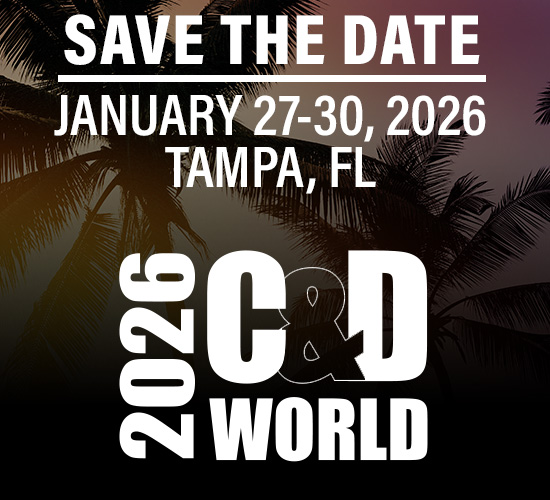End Markets CommitteeDuring this meeting, Chair Will Hancock reminded the group of the committee’s aim to promote knowledge and collaboration among recyclers and find new uses for recycled materials. He introduced Craig Szabo, Director of Technology for OPTA, who offered an overview of their new Waterdown, Ontario processing facility opening this fall, where MRF glass is being converted into Performance Pozzolans to be used as Supplementary Cementitious Material for Portland cement. He emphasized the special environmental benefits of using ground glass in concrete. The introduction of this material significantly reduces concrete carbon emissions and improves the quality, durability, and even the look of the final product. The facility will be capable of processing 150,000 metric tons of recycled glass annually from multiple sources. With the ability to process such a large volume of material regularly, the need for storage of large stockpiles of incoming products is not expected. OPTA plans to replicate this facility in multiple locations in the U.S. and will continue its work to identify other niche uses for processed MRF glass. Next, Professor Timothy Townsend of the University of Florida discussed recent research underway to assess PFAS in pavements in high-risk areas such as military bases, training facilities, and airports where firefighting foam has been used. PFAS, the ‘forever’ chemicals, are a concern for the waste and recycling industry, including the CDRA. Rapidly evolving regulations and scientific insights have important implications for landfills and recycled materials. Following Dr. Tim’s talk, committee members engaged in an extended Q&A session with both presenters as well as a new Roundtable discussion that addressed a variety of issues that companies are currently facing. This “Recyclers Anonymous” Roundtable is a new End Markets Committee initiative that we hope members will find helpful! Thanks to all who participated, and to Craig and Tim for their excellent presentations! |
























